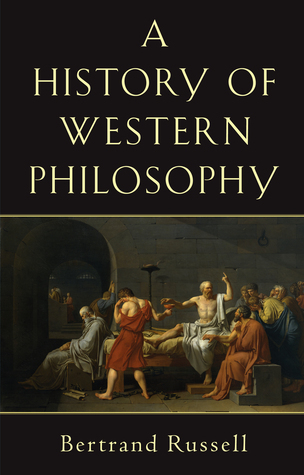
Religion and Science
Book Description
Clash of titans awaits within the pages of 'Religion and Science'! Bertrand Russell boldly dissects the age-old battle between faith and reason, unraveling the intricate threads that bind belief to knowledge. With razor-sharp wit and piercing insight, he challenges the dogmas that have shaped humanity's understanding of existence. This thought-provoking exploration reveals the impact of scientific discovery on spiritual beliefs and vice versa, igniting conversations that echo through time. As the tension mounts between tradition and innovation, which side will ultimately illuminate the path to truth? Dive into this riveting intellectual journey and discover where your own convictions lie.
Quick Book Summary
In "Religion and Science," Bertrand Russell examines the enduring friction between religious dogma and scientific progress. With characteristic lucidity and skepticism, he traces the historical entanglements of faith and reason, highlighting periods of both conflict and collaboration. Russell explores key debates—such as the clashes over evolution, cosmology, and medical ethics—exposing how religious institutions have often resisted scientific advancements that challenge traditional beliefs. However, he also acknowledges the positive influences religion has historically held over moral and social life. Ultimately, Russell advocates for reason and the scientific method as the best tools for understanding reality, arguing that open inquiry and skepticism lead to progress. The book invites readers to critically reflect on their own convictions amid the ongoing dialogue between tradition and discovery.
Summary of Key Ideas
Table of Contents
The historical conflict between faith and science
Bertrand Russell begins by tracing the historical relationship between religion and science, revealing a complicated dynamic of coexistence and confrontation. Ancient societies viewed science as an extension of theology, but as empirical methods developed, scientific inquiry started to challenge religious narratives about creation and the cosmos. Notable flashpoints, such as the Galileo affair, illustrate how religious institutions sought to maintain their authority in the face of contrary evidence, shaping the intellectual climate of the West.
Impact of scientific discoveries on religious beliefs
Russell then explores the transformative impact of key scientific discoveries on religious beliefs. The theory of evolution, advances in astronomy, and a growing understanding of the universe’s age and structure directly undermined literal interpretations of sacred texts. Russell illustrates how these shifts forced religious thinkers to adapt their doctrines or risk becoming obsolete. The process of adaptation, however, was gradual and often resisted by those committed to eternal truths.
The role of dogma and skepticism
Central to Russell’s analysis is the role played by dogma and skepticism. On the one hand, dogma offers stability and communal identity, but it can also stifle critical thought and suppress dissent. Russell lauds skepticism as a necessary attitude for both philosophy and science, essential for questioning assumptions and facilitating intellectual growth. He sees scientific inquiry, marked by openness and self-correction, as fundamentally incompatible with dogmatic thinking.
Ethical implications of science and religion
Delving into ethical consequences, Russell discusses how both religion and science shape morality. While religions have traditionally provided ethical frameworks grounded in divine command, Russell argues that these are not always rational or humane. Scientific understanding, with its emphasis on evidence and consequences, offers an alternative basis for morality, though it too is not immune to misuse. He suggests that a synthesis, informed by reason and compassion, is crucial for ethical progress.
Toward a rational approach to understanding the world
In his conclusion, Russell champions a rational, evidence-based approach to understanding the world. He argues that while religion and science will likely continue to intersect, the future belongs to methods grounded in skepticism, inquiry, and the willingness to revise beliefs in light of new evidence. Russell’s work ultimately invites readers to embrace uncertainty and intellectual humility as the surest path to knowledge and ethical living.
Download This Summary
Get a free PDF of this summary instantly — no email required.





